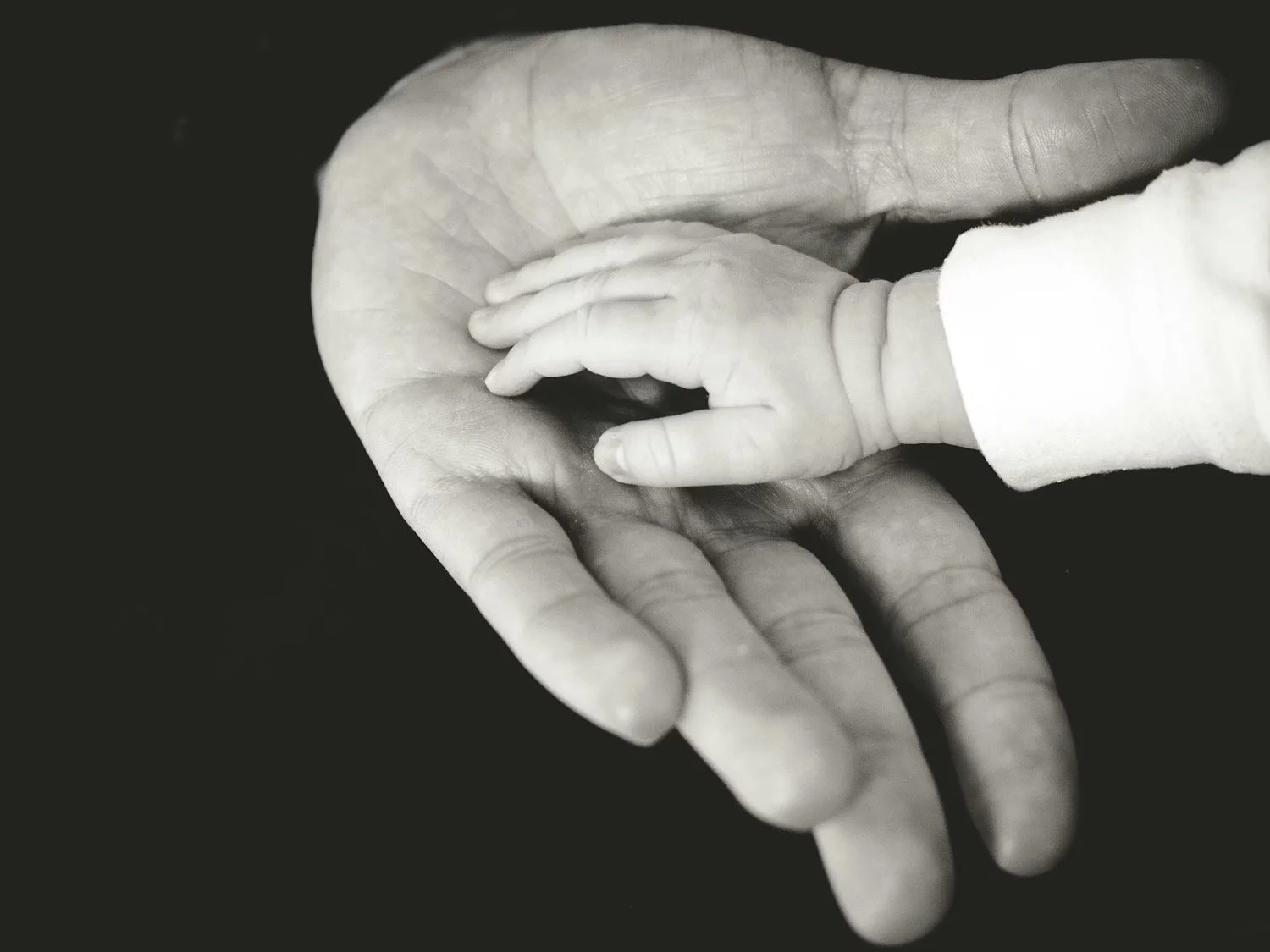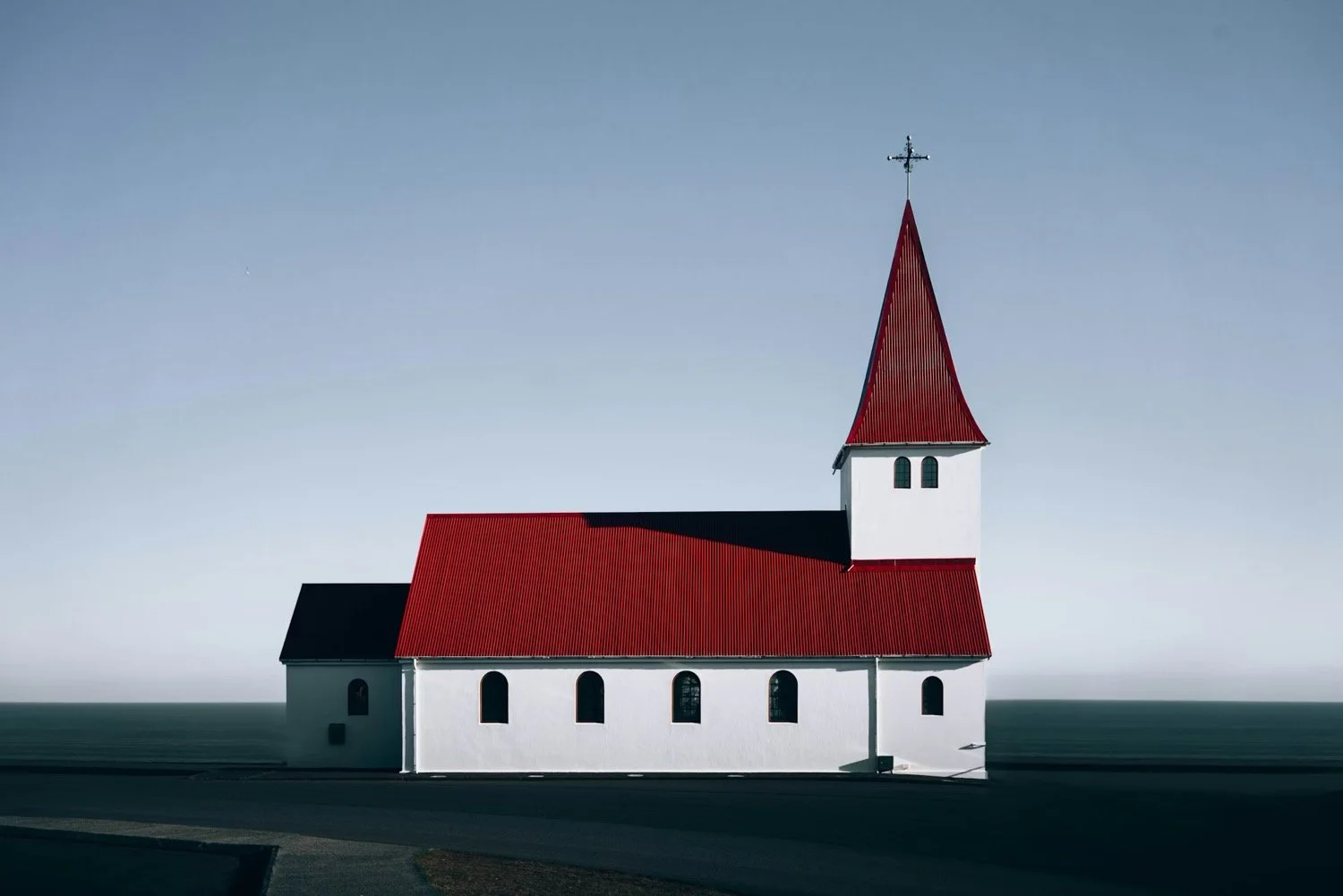Readings for today: 1 Samuel 4-8
Imagine you are living in ancient Israel during the time of the judges. You have no Bible. You have no synagogue. You have no centralized system of government. Every now and again, a charismatic leader rises up and for a time you have peace. For a time you seek after God. But pretty soon you lapse back into your old ways. You live in a very tribal culture. Every tribe around you has its own gods and goddesses and its own way of worship that seems to have been working for them. As you build your house and plant your crops and grow your family, you grow complacent. The incredible miracles God worked on your behalf recede further and further. You are preoccupied with the present. What you will eat. What you will wear. Will your wife get pregnant this year? How many lambs will be born this spring? What will the harvest yield? Sure, you go up each year to Shiloh to make your sacrifices but then it’s back to normal. And “normal” doesn’t really include God.
It’s actually not hard to imagine, is it? This is familiar territory for all of us. How many of us own a Bible but rarely open it? How many of us belong to a church but rarely go to worship? We too live in a “tribal” culture whether it’s our family, social group, political party, etc. Everyone of those tribes has its own “gods” and “goddesses” and different ways of worship. And if we aren’t careful, we can get sucked in. We buy our homes. We grow our families. We work hard. We play hard. And we too can get complacent. The miracles and blessings of God can become commonplace in our lives as well. We too are preoccupied with the present. What we will eat. What we will wear. What kind of home we will live in. Will I get a raise this year? A promotion? Will my child make the team? Will I get into my dream college? Will I get my dream job? Will I meet the man or woman of my dreams? Sure, we go to worship on Christmas and Easter just in case but then it’s quickly back to normal. And “normal” doesn’t really include God.
Enter Samuel. A man sent by God to bring Israel back. To remind her of her covenant commitments. To have no other gods before God. To worship no idols. To honor God’s name and keep the Sabbath. “Then Samuel addressed the house of Israel: “If you are truly serious about coming back to God, clean house. Get rid of the foreign gods and fertility goddesses, ground yourselves firmly in God, worship him and him alone, and he’ll save you from Philistine oppression.” (1 Samuel 7:3 MSG) Samuel led Israel during a very difficult period in her history. She had suffered a heartbreaking defeat at the hands of the Philistines. The ark of God had been captured. Her priests had been killed. All hope seemed lost. And then along came Samuel to remind her of God. To challenge her to return to God with her whole heart. To put aside all the other gods and goddesses. To cleanse herself of all the false worship she had engaged in. To come back to God and watch Him work yet another miracle on her behalf. This is exactly what happened. God brought them a great victory over their enemies. The Philistines were subdued. Territory was reclaimed. Hope was restored.
What enemies are you facing today? What battles are you fighting? Anxiety? Depression? Grief? Chronic pain? Is your marriage failing? Your family crumbling? Your work suffering? Are you facing a scary diagnosis? A terminal illness? Are you struggling with loneliness? A lack of deep friendships? Do you feel overwhelmed? Too busy? Under too much pressure? What enemies do you face? And are you willing to make the sacrifices necessary to reorient your heart towards God in the midst of it all? Are you ready for the radical shift you will need to put aside the “gods” you’ve been worshipping and return to the Lord with your whole heart? Are you ready to put God first in your life?
Readings for tomorrow: 1 Samuel 9-12




